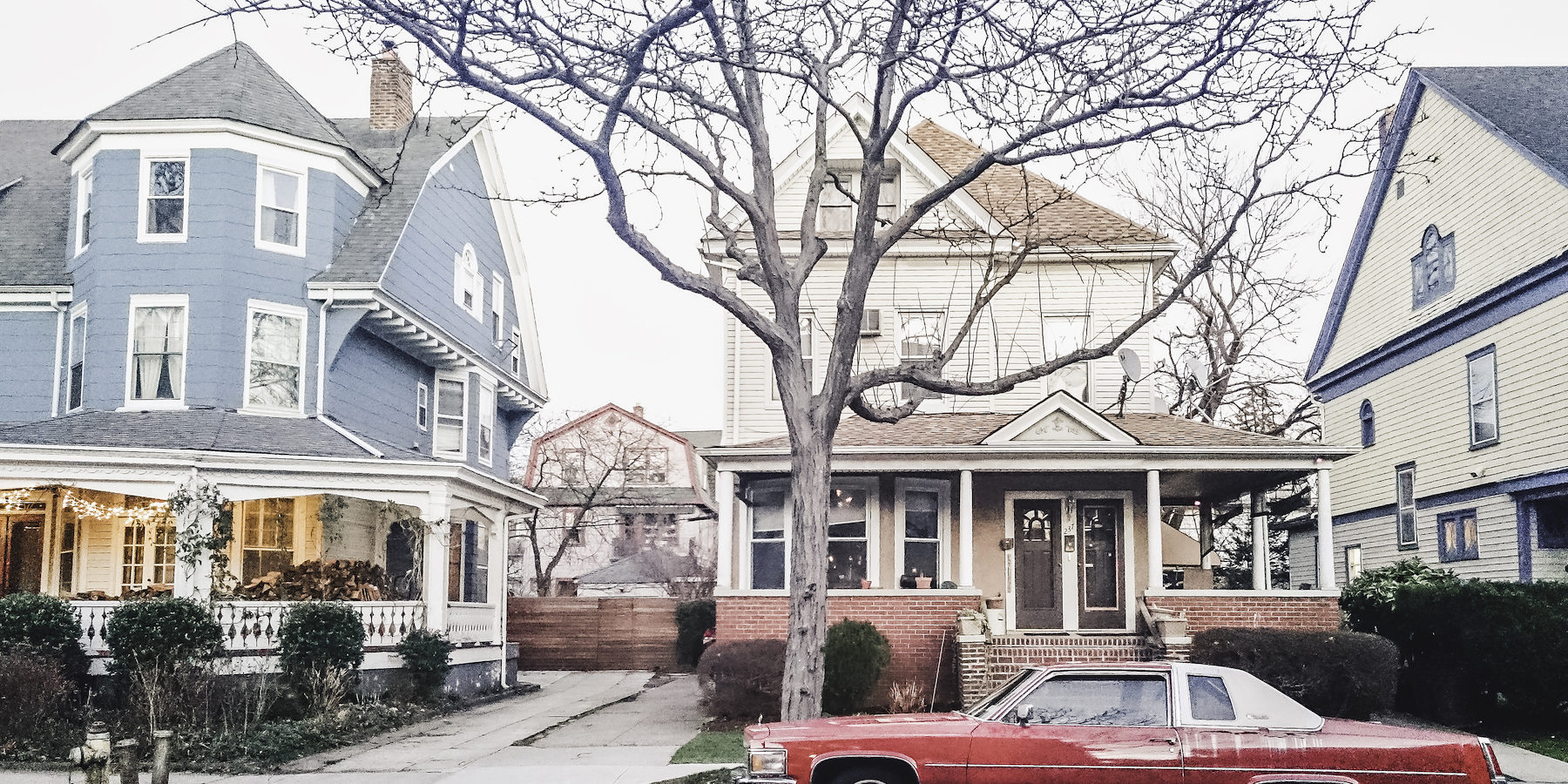Philadelphia’s tax one-year non-collection rate hit a low of 3.9% in 2017, according to a report out in February from the Pew Research Center.[LINK]. This marked the third year in a row that the City has seen a decrease in the number of properties with uncollected taxes, outpacing similar cities with high poverty rates. According to the report, the City attributes improved property tax collections to a strong economy and changes in collection strategies.
CLS welcomes the good news that our City’s property tax delinquency rate is down. Just as importantly, we applaud the commitment shown by the City to create a tax collection system that creates a win-win situation: allowing the City to collect the money it needs, while also working to help low-income homeowners stay in their homes.
Community Legal Services (CLS) advises and helps hundreds of low-income homeowners each year to resolve their residential property tax delinquencies and preserve their homes. Today, problems with property taxes is the most common issue that clients bring to our office in North Philadelphia. CLS believes that no one should lose their home simply because they want to pay their property taxes, but cannot afford to do so. In a City that is struggling to provide affordable housing to low-income families, often the most cost-effective way to provide housing for a family is to help them to stay in the house they already own.
Along with helping individual clients, CLS has worked diligently along with other legal service agencies to create an equitable property tax collection system. For example,
·In 2013, CLS led the effort that created a new system of “Owner Occupied Payment Agreements” (OOPAs), a first in the nation program that allowed owner-occupants to enter into income-based payment plans for their delinquent taxes owed on their homes. As of today, over 10,000 homeowners are enrolled in OOPA payment plans.
·In 2018, CLS worked with Philadelphia City Council to expand the OOPA program to offer extra protections to low-income senior citizens and homeowners living in “deep poverty” – less than $11,000 per year for a family of three.
·In 2017, CLS worked with the Philadelphia Court of Common Pleas and the Department of Revenue to ensure that homeowners facing a tax foreclosure are given a hearing in court before their homes are scheduled for a tax sale. CLS attorneys are present at “tax court” to offer free advice to homeowners at risk of losing their homes.
·In 2018, CLS worked with Philadelphia City Council and the Department of Revenue to create a program that referred homeowners to certified housing counselors who can advise homeowners for free about a variety of tax relief programs, such as the Philadelphia Homestead Exemption and the Long-time Owner-Occupied Program (LOOP).
·In 2018, the Commonwealth of Pennsylvania enacted a Clean Title bill that CLS and others had worked on for over a decade. As a result of this legislation, long-time homeowners in Philadelphia who have invested in their homes and communities can now more easily become the record owners of their homes.
·CLS recently launched the Senior Property Tax Project. This Project, funded by the Pennsylvania Housing Finance Agency (PHFA), specifically targets rapidly gentrifying neighborhoods in Philadelphia, including Point Breeze, Grays Ferry, Strawberry Mansion, Brewerytown, and Sharswood-Blumberg, in an attempt to dramatically reduce the number of seniors who have delinquent property taxes.
·In December of 2018, CLS won an important appeal in the Pennsylvania Commonwealth Court on behalf of a South Philadelphia homeowner whose home had been sold without a court hearing in order to pay just over $2,600 dollars in property taxes. Because of the litigation, our client’s home was saved and homeowners are now ensured of a higher level due process, including a mandatory hearing in court, before their homes can be sold at a tax sale.
·In February of 2019, CLS supported proposed changes to the Long-time Owner-Occupied Program (LOOP), which would help protect long-time homeowners in Philadelphia from dramatic increases in their property tax bill value caused by gentrification and development. The changes should help homeowners stay in homes they might otherwise have been pushed out of by rising property values.
Homeowners needing help or advice regarding their property taxes should call the “Save Your Home Philly” Hotline at (215) 334-HOME (4663) or come to Community Legal Services’ office at 1410 W. Erie Avenue on Monday, Wednesday or Friday between 9 a.m. and 12 p.m.





